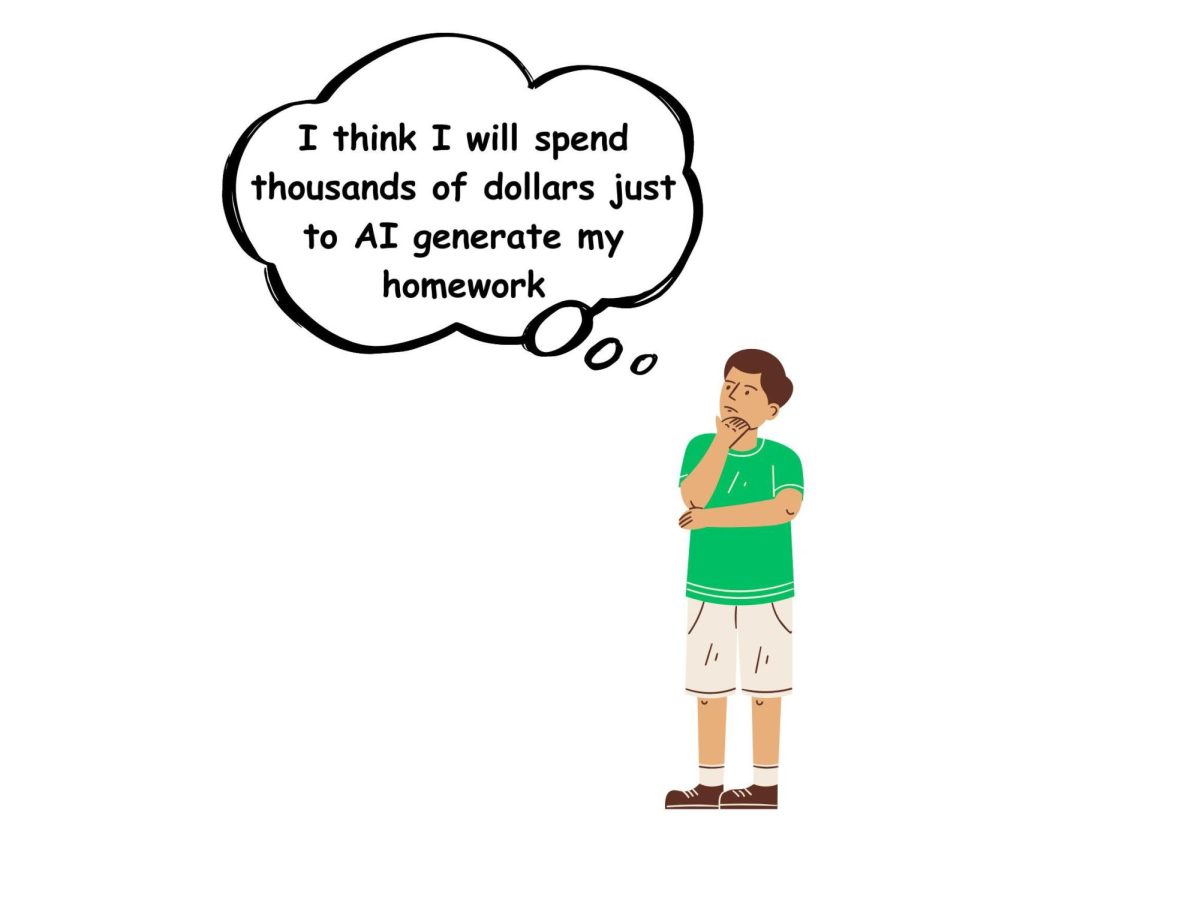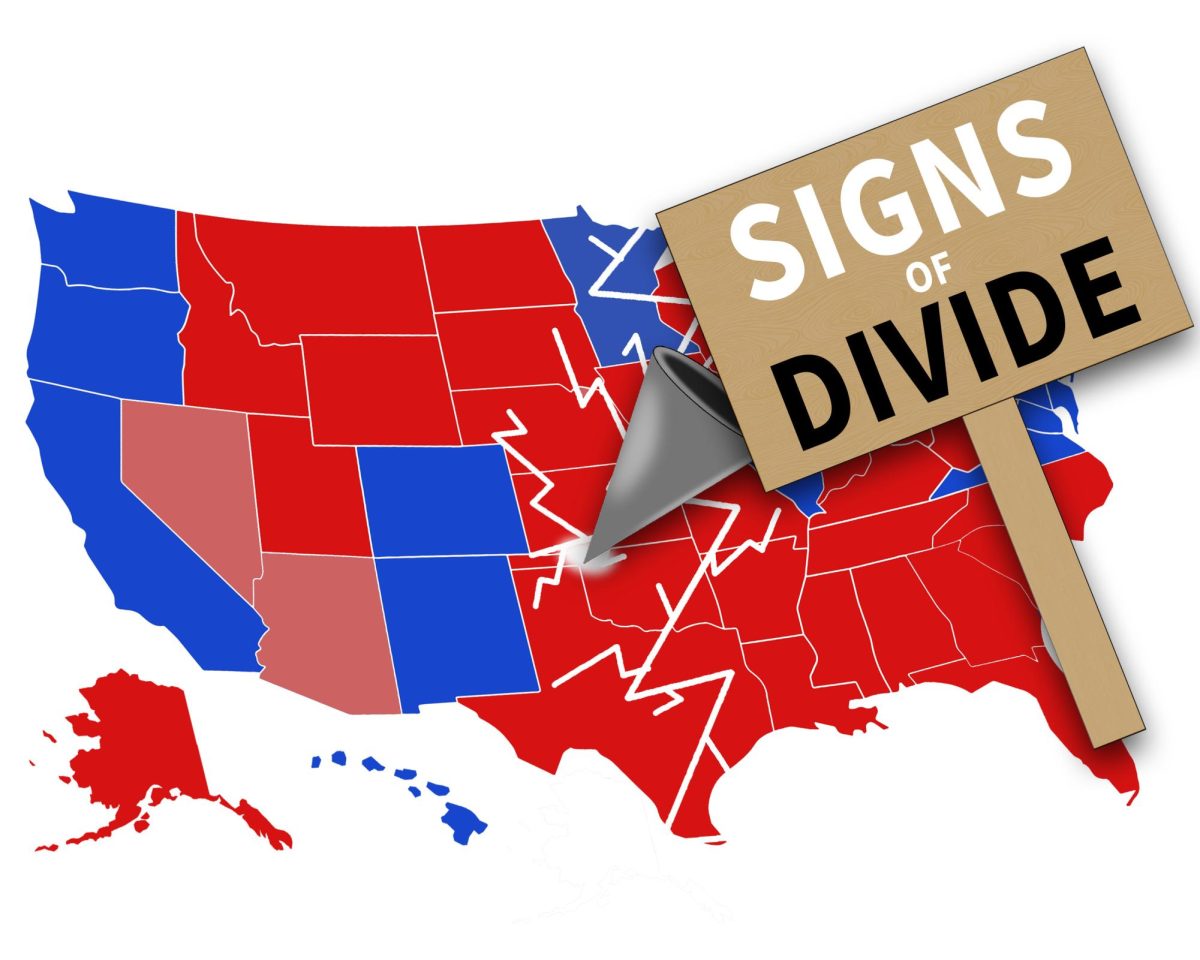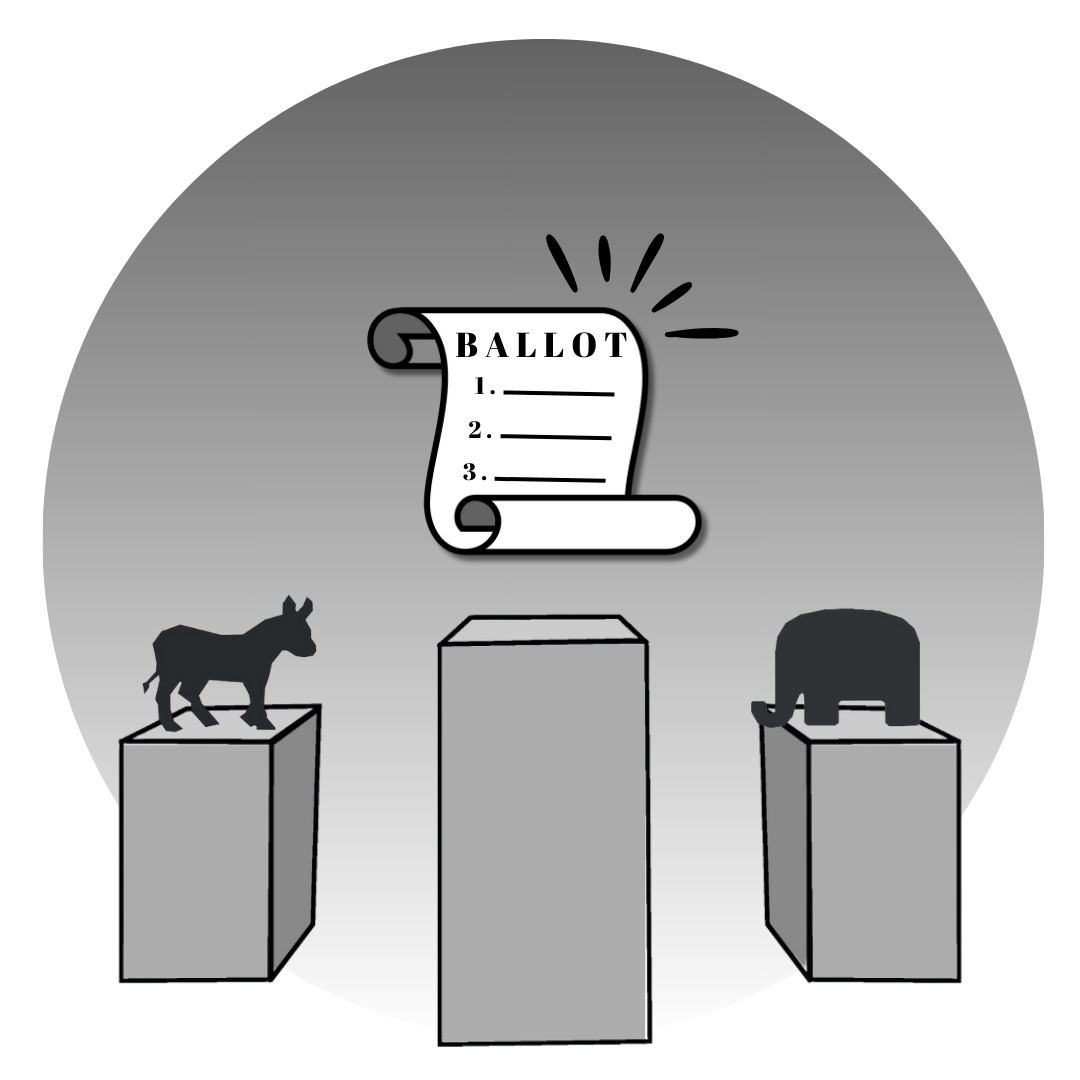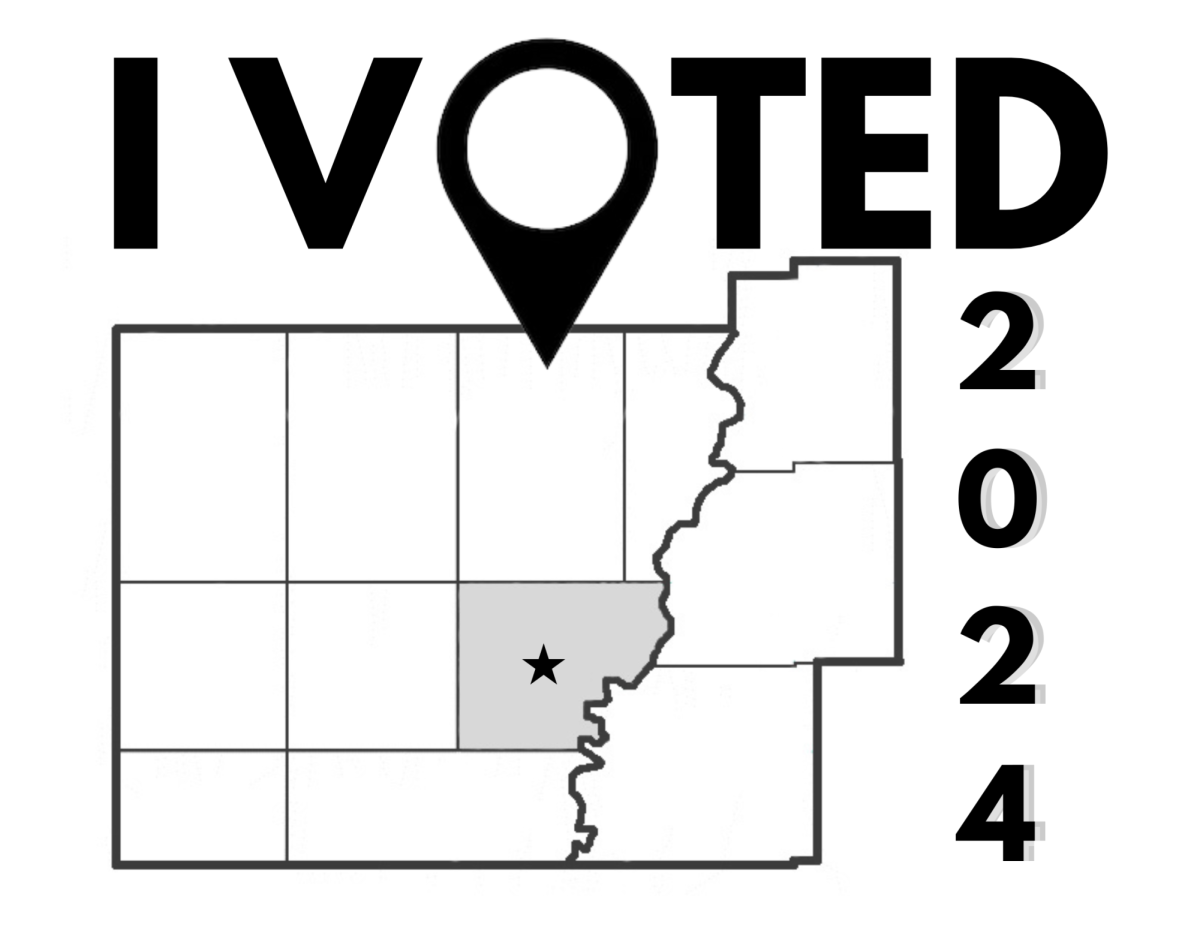What if meticulous hours of note taking, grueling Quizlets and long nights powered by questionable amounts of caffeine ceased to exist? Thanks to artificial intelligence, it can.
The current education climate has several problems with AI, plagiarism and academic dishonesty, so Eastern’s dean of students and Faculty Development and Innovation Center created student and faculty AI guides.
While some professors may allow AI use in their classrooms, many do not. Eastern has not adopted a campus-wide AI policy but has rather left the choice up to its educators.
For students, the new AI guides echo what the Code of Conduct plagiarism section says but adds examples of how to and not to use AI. Additionally, Booth Library developed its own source credibility tutorial to assist students with their AI literacy and source checking.
In an attempt to assist with and regulate AI use in her classroom, Katherine Lewandowski, a geology professor, created a new policy in line with the FDIC around AI for this year.
Her policy states students may use AI such as ChatGPT, Grammarly or Dall-E 2 only if they are cited correctly and include the prompt text and two-to-three sentences about how the tool was used. She said this policy allows students to use the tools they could already be using.
Lewandowski created this policy because of consistent AI problems last year. AI has unintentionally streamlined the cheating process and has begun to produce more academically dishonest students.
“If [students] have a paper written by a computer, it’s still wrong,” she said. “It’s still not their own work and part of going to university is doing your own work.”
While using ChatGPT for a last-minute essay seems harmless, the use enables the technology to learn from itself, further evolving its capabilities. These capabilities could be just be assisting in where to add commas or creating entertaining short stories, but where does it stop?
If scholars are split on whether or not to trust AI, why should we?
The Michigan Journal of Economics gave an indefinite answer but said each side has its own logic that makes perfect sense. One thing was made clear though: jobs are potentially on the line.
As students pursuing higher education, why would you make a few years of education easier just to sabotage your odds of succeeding in the professional field?
If we are gearing toward an AI-driven job market, people need to start working on skills AI cannot replace. Improve upon the things AI does not have: human emotions, people skills and critical thinking.
Using generative AI in assignments does not further a student’s skill. It does not prepare them for the job market, which is what college is here to do.
While several careers require a level of compassion and empathy, if AI continues to adapt and become more human-like, when will it stop?
We aren’t saying ban all AI from education, because it is not realistic, and people would not stop anyway. But do your part.
We pay tens of thousands of dollars to institutions we choose to learn from.
If we are paying that much money, why do we jeopardize our education by relying on AI to sabotage an uncertain future?
Learning isn’t a passive process; it doesn’t take going to college to recognize that.
The Editorial Board can be reached at 581-2812 or at deneic@gmail.com.


















![[Thumbnail Edition] Senior Foward Macy McGlone, getsw the ball and gets the point during the first half of the game aginst Western Illinois University,, Eastern Illinois University Lost to Western Illinois University Thursday March 6 20205, 78-75 EIU lost making it the end of their season](https://www.dailyeasternnews.com/wp-content/uploads/2025/03/WBB_OVC_03_O-1-e1743361637111-1200x614.jpg)
























































